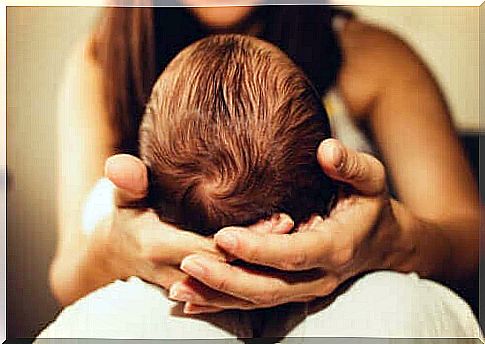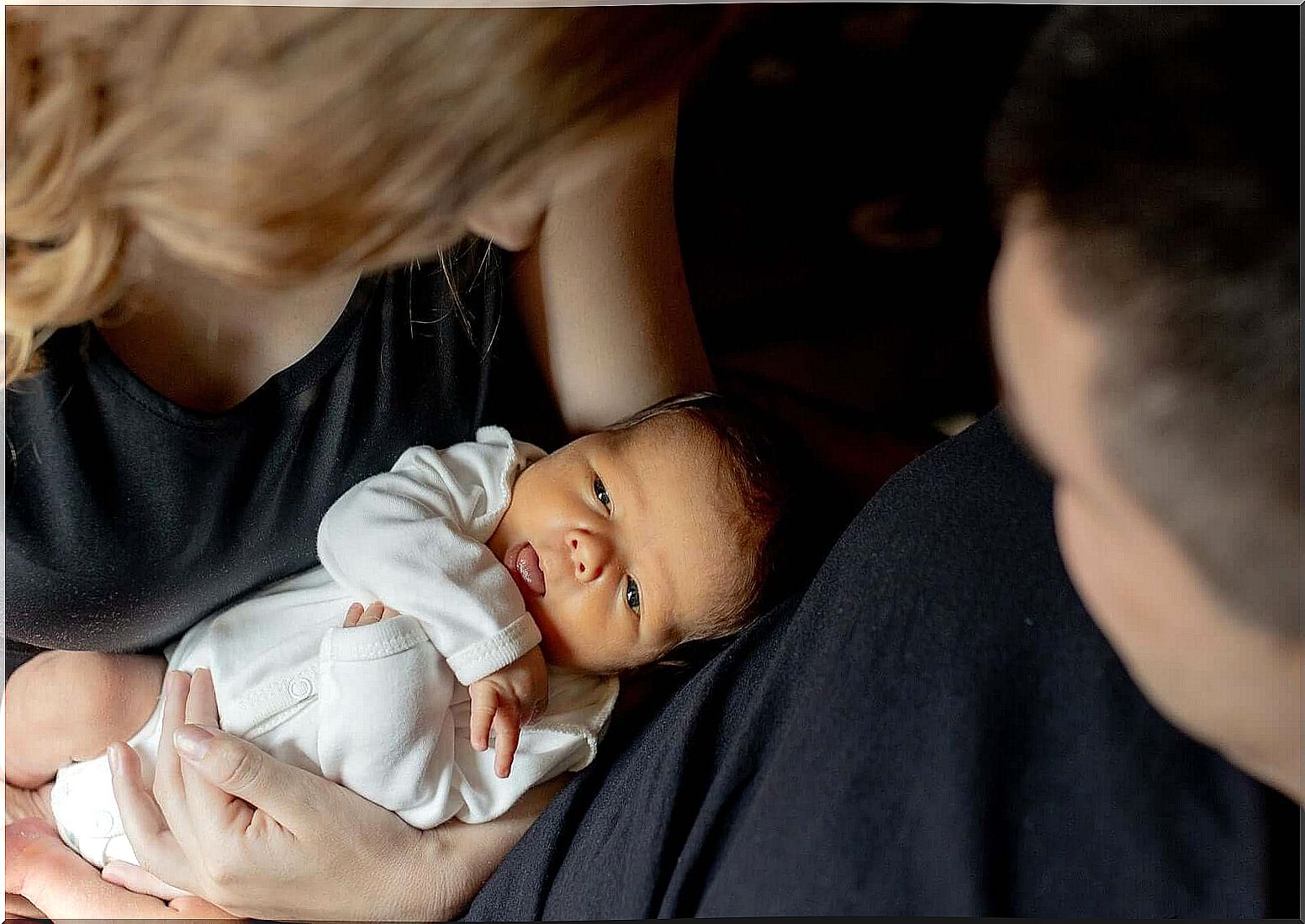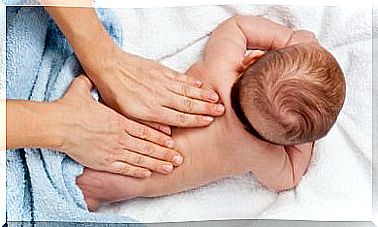Fourth Trimester Of Pregnancy: Why Is It So Important?

We all know that human pregnancy is divided into three trimesters, during which the baby grows and develops inside the mother’s womb. But what if the pregnancy didn’t end at the time of delivery? What if the baby’s first months of life were as relevant to its formation as the intrauterine phase? This is what the fourth trimester pregnancy theory proposes.
When a child comes into the world, we think he is ready to face the life that awaits him. As a result, many fathers and mothers can become frustrated with their babies’ crying, discomfort, and complications.
They may relentlessly wonder what they are doing wrong or what is happening to the little one. However, if we stop to think about the abrupt transition the child is going through, it will be easier to empathize with him and remain calm.

What is the fourth trimester of pregnancy?
The fourth trimester of pregnancy is a concept proposed and developed by American pediatrician Harvey Karp. This theory arises from the notion that the human baby arrives in the immature world, able to survive, but not able to survive on its own. Therefore, he will need several months of exterogestation (pregnancy outside the womb) to finish developing his abilities.
To understand this idea, it is very helpful to look at similar processes that occur in nature. Most mammals are able to stand and even move and run soon after birth.
On the contrary, the human being depends entirely on adults until much later. Thus, the fourth trimester theory postulates that even full-term babies are premature in many respects.
The fetus would need to remain in the uterus longer to fully develop neurologically. However, this would mean that, at the time of delivery, your head would be much larger, which would make your birth very difficult. Thus, the baby’s first months of life should be considered an extension of the gestational phase.
a sudden transition
During the fourth trimester months of pregnancy, it is common for a child to experience symptoms such as anxiety, cramping, or sleep disturbances.
But far from being a sign of illness or a problem, this is completely normal. We must keep in mind that the environment in which the baby finds himself now is very different from the environment that surrounded him within the uterus :
- In the uterus, the temperature was stable at around 37°C. Now he faces temperature changes, sometimes extreme.
- In the belly, stimulation was minimal. There were no odors, strong lights or loud noises. Now, the baby is in an environment full of unknown and overwhelming stimuli for his senses.
- During pregnancy you were your little one’s home, food and company. For this reason, during these months, the baby never felt hunger, thirst or physical discomfort. At birth, all these new and unpleasant sensations begin to appear and he doesn’t know how to deal with them.
- But most of all, from the beginning, the baby has been in continuous and permanent contact with you. Since coming into the world, he has had to face loneliness, separation and fear, as well as the pain that this entails. You’re not always by his side anymore, he doesn’t feel you and miss you.

How to deal with the fourth trimester of pregnancy?
For all these reasons, it is recommended that the baby’s first months of life be seen as a continuation of the pregnancy. In other words, the objective at this moment will not be to try to make the little one adapt to the world, but to try to make him find conditions similar to those experienced in the womb.
That’s why it’s important to ensure frequent skin-to-skin contact, feed the baby on demand, and try to avoid overstimulation. Holding him in your lap for as long as possible, singing to him, rocking him, and rocking him with rhythmic sounds will provide, in part, the comfort and security he lost at birth.
In short, the baby is no longer inside your belly, but needs you as if you were still there. Don’t be afraid to spoil him too much. The more you facilitate this transition, the better your little one’s psychological and emotional development will be.








